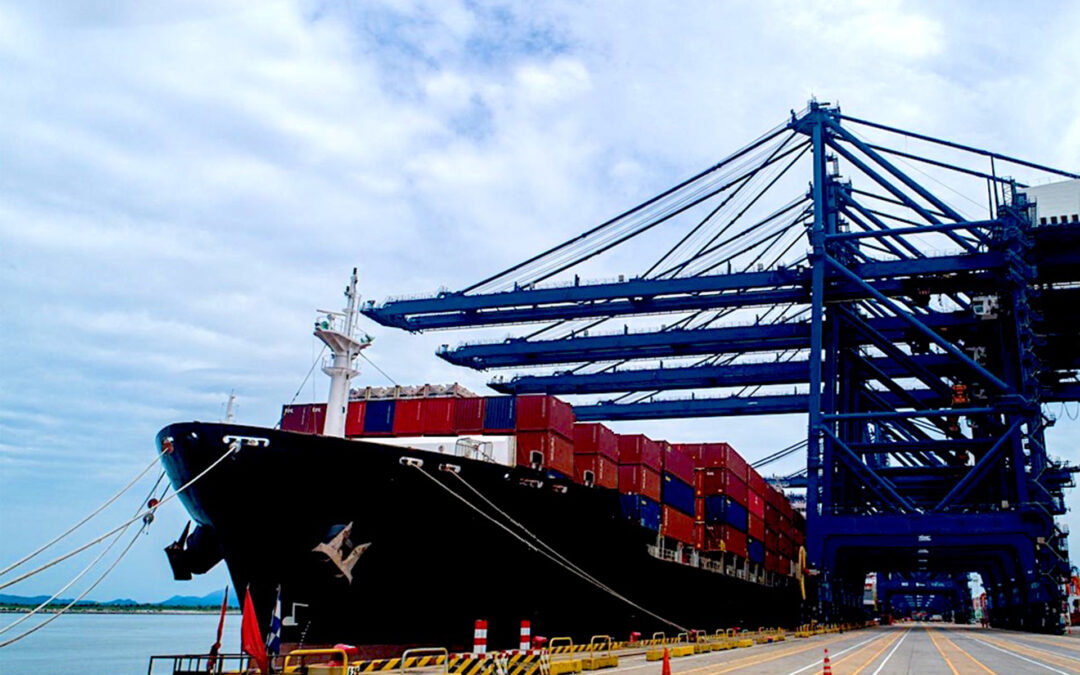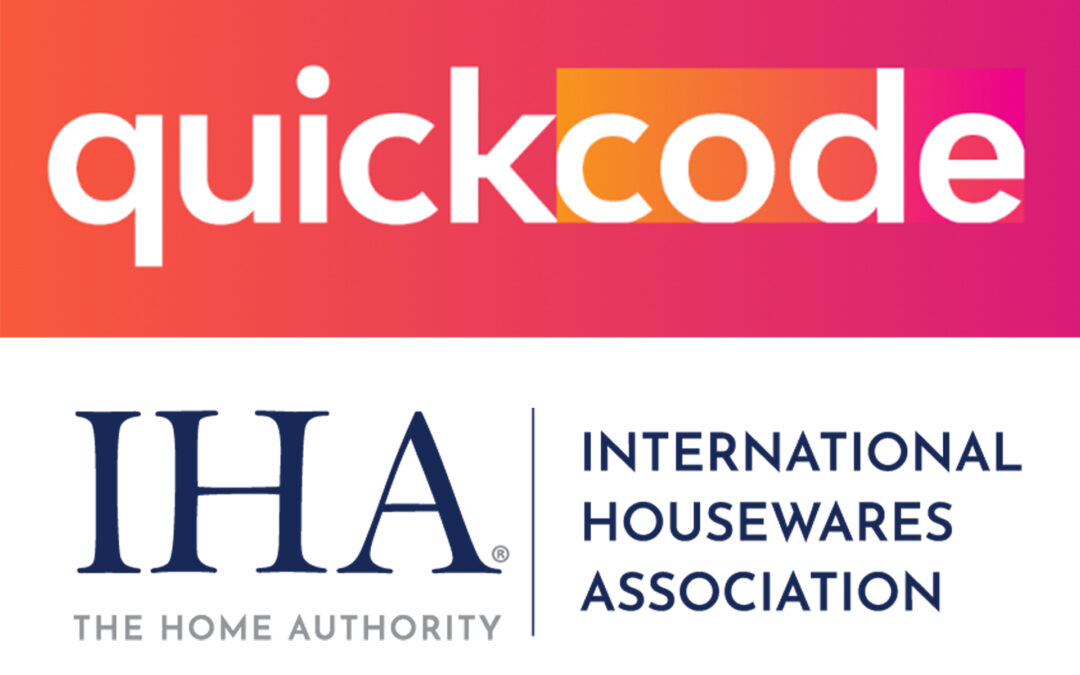The Cookware Sustainability Alliance, a cookware industry advocacy group, has sued the state of Minnesota seeking to block the ban of cookware made with fluoropolymer nonstick coatings.
The ban is part of a Minnesota law that went into effect on January 1, 2025, restricting the sale of a wide range of products made with per- and poly-fluoroalkyl chemical substances (PFAS).
Groupe SEB and Meyer Corporation in 2024 established the Cookware Sustainability Alliance (CSA), is a 501(c)(6) non-profit organization, to foster what it said is science-based cookware safety education and policy with an immediate emphasis on addressing legislation regulating the sale of nonstick cookware made with PFAS, according to CSA. CSA said it is engaging in the policy-making process surrounding PFAS chemicals and “the unnecessary inclusion of fluoropolymer nonstick cookware in PFAS bans.”
The Minnesota PFAS ban is called “Amara’s Law,” named for Amara Strande of Maplewood, MN. Strande died in April 2023 at the age of 20 after a battle with a rare form of liver cancer, which, prior to her death, Strande claimed was caused by cell mutations triggered by PFAS in drinking water.
According to published reports, Kirk Koudelka, assistant commissioner for the Minnesota Pollution Control Agency, stated, “For PFAS, there’s a number of health concerns. But some of the most known are liver issues, low birth weights and kidney cancers. PFAS can be exposed to people through drinking water if the groundwater is contaminated, fish if it has too much, or other direct exposures from contact with PFAS in products.
CSA, in a press release on the lawsuit against Minnesota, said the Minnesota law “swept up cookware along with a range of other categories of consumer products being newly regulated because of growing PFAS concerns.”
“We are asking a federal court in Minnesota for a preliminary injunction of this Minnesota law barring the sale of cookware containing fluoropolymers, which are the chemical coating on pans commonly known as nonstick cookware,” the CSA said in its press release. “Although this law defines the fluoropolymers used in cookware as ‘PFAS,’ they are fundamentally different compounds from the chemicals that have motivated concerns about PFAS.”
CSA said its legal challenge in Minnesota would proceed on three tracks:
- The alliance asked the federal court to prevent enforcement of the law as applied to nonstick cookware because, according to CSA, the law violates the U.S. Constitution’s definition prohibition on individual states regulating interstate commerce.
- The group has lodged additional constitutional challenges to the statute, which CSA said it will ask the judge to resolve on a “non-emergency timetable.”
- CSA said it has offered to work cooperatively with Minnesota regulators to secure an exemption for fluoropolymer-coated nonstick cookware because of what CSA claims to be a low-risk profile.
The CSA, in making its case against the fluoropolymer nonstick cookware ban, made several claims related to fluoropolymers, according to its press release:
- “Fluoropolymers are non-toxic” and have a “decades-long history of safe use,” including in the healthcare industry, in which they are used on medical implantation devices such as pacemakers and catheters, according to CSA.
- Fluoropolymers are not water-soluble and potential exposure through drinking water is not a concern, CSA maintained.
- Fluoropolymers are highly stable and are not shown to degrade under normal conditions of use, and they do not “bioaccumulate,” according to CSA.
- Fluoropolymers have been deemed safe for use in food contact surfaces by the United States Food & Drug Administration (USFDA), by the European Food Safety Authority (EFSA and by regulators in Germany and France, CSA noted.
“Based on established science, the compounds in our fluoropolymer-coated nonstick cookware do not endanger human health and safety,” CSA said in its press release. “They are therefore being unfairly and unconstitutionally included in policy conversations around the country about other consumer products connected to PFAS concerns.”
The Minnesota Pollution Control Agency issued the following statement about the CSA lawsuit to KARE 11 television in Minnesota, according to published reports:
“Amara’s Law, which prohibits added PFAS in 11 categories, including cookware, went into effect on Jan 1, 2025. Prevention and source reduction are the best and least expensive ways to protect human health and the environment and prevent damaging impacts caused by PFAS. It is estimated Minnesota taxpayers will have to spend $28 billion in the next 20 years to remove PFAS from wastewater and landfill leachate in the state; we simply cannot clean our way out of this problem… While we cannot comment on pending litigation, we believe Amara’s Law is legally sound.”
The Cookware & Bakeware Alliance (CBA), an industry trade association unaffiliated with CSA that has been engaged in an ongoing industry education program on PFAS legislation, issued the following statement regarding the CSA lawsuit:
“We are aware that The Cookware Sustainability Alliance (CSA) has filed a complaint against the State of Minnesota regarding the state’s ban on PFAS. The members of the CSA are all members of our Alliance, The Cookware and Bakeware Alliance (CBA). We recognize and respect their decision to take this action. The CBA is focusing our efforts on working with MN and other states to better understand regulations and ensure we can provide the best information to our members and update CBA standards as needed. We continue to have ongoing dialogue with the State of Minnesota, and expect to also open up discussions with Washington State. Here is to our collective efforts being heard and a positive outcome for all.”





